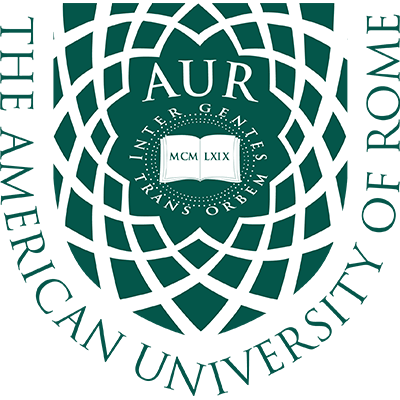
Organiser's description (via The American University of Rome)
The aims of this conference are to contribute, from a social science perspective, to the knowledge and empirical evidence on the theme of Novel Foods and Novel Food Production.
In particular:
- To map the state of the arts on novel foods and controlled environment agriculture and identify the main lines of debate.
- To contribute to the definition of adequate forms of regulation and policies for enhancing their democratic control
- To assess current knowledge on novel foods consumption and their impact on the healthiness and sustainability of diets.
- To review the implications of novel foods and novel food production for the eco- and social systems.
AUR's Master's in Food Studies annual conference, 2019, and the subsequent webinar held in 2021 focused on changes in food diets and their implications for sustainability. The forthcoming conference in March 2023 proposes to continue this discussion by focusing on the unparalleled wave of food product innovations sweeping through the global food system as of the second decade of the new millennium.
Prior to this, the dominant players in the food industry had largely adopted a defensive stance, reacting to pressures from a variety of social movements and public policies in favour of healthier diets and a healthier planet. Since then, however, they are being challenged by a new generation of food start-ups who, with the help of a novel innovation ecosystem, are introducing products which are increasingly independent of their original raw materials. Food security and food sustainability as the key global challenges of a world which combines continued population growth with accelerating urbanization and rapid depletion of natural resources are high on the list of motives of these mission-oriented entrepreneurs. The dominant players in the food systems are themselves now investing and exploring these new lines of products.
The central focus is on producing substitutes for the animal protein food/feed chains since these are seen as the principal source of biodiversity loss, climate change and land utilization by agricultural activities. But it extends also to a whole range of traditional food crops including coffee and cocoa. These innovations depend heavily on the so-called disruptive technologies of big data analysis, machine learning and artificial intelligence for the identification of new molecules with precise physical and functional characteristics. They also draw on advances in biotechnology for gene editing, precision fermentation and cellular cultivation.
A parallel wave of innovation, in the form of controlled environment agriculture (CEA), encompassing a variety of indoor farming systems and vertical farming, aims to free fresh produce production from the risks and rhythms of the natural environment, integrating it into urban life. As natural resources become scarcer or increasingly contaminated and as climatic conditions become harsher, strategies of resistance to the environment, (rustic varieties and races), are combined with or replaced by those of protecting from, controlling the, and, at the limit, substituting for, “nature” in varied types of CEA.
Read more here.

